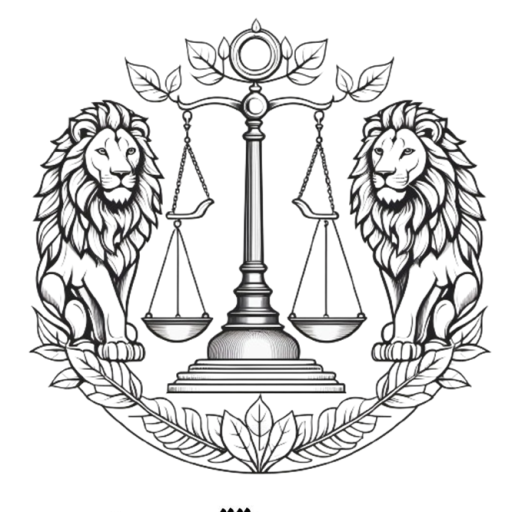Amirali R. Davoudpour
Iranian Canon of Medicine and Law, Administrative Wing of Law and Healing Association, Iranian Watchdog of Medicine and Law
Email of the corresponding author: davoudpour@canmedlaw.org
Accepted and published July, 2024, Revised August 2024
DOI: https://doi.org/10.5281/zenodo.13528532
This article is published under CC BY creative common license that Allows others to distribute, remix, adapt, and build upon the work, even commercially, as long as they credit the original creator.
Abstract
Religion has captivated billions for millennia, blending divine intoxication and cathexis with a set of contradictory and complementary commandments that shape and bestow identities upon its followers. This exploration delves into the enigmatic aspects of religion, highlighting its indefinable elements such as dreams, revelations, and allegories, which sustain interpretations over time while remaining unresolved mysteries. The paper contrasts religious paradoxes with philosophical contradictions, showcasing examples like Zeno’s paradox and the fate of Ahura Mazda in Iranian traditions. It examines religion’s role as a complex human laboratory where the divine wisdom surpasses human understanding, influencing global socio-economic dynamics, as exemplified by the transformation of the Kaaba. Additionally, the distinction between religious and philosophical paradoxes is explored, emphasizing the mystical elements that challenge empirical reasoning. Popular culture, as seen in “Avatar,” reflects these themes, underscoring the concept of a perfect God from the beginning, complete without need for further perfection. The discussion extends to the philosophical notion of divine perfection, the interplay between the created and the teacher, and the journey towards regaining a paradisiacal state, illustrating the inherent complexity and profundity of religious truths. Through this analysis, religion emerges as a profound framework for understanding existence, identity, and the divine, continuously shaping human thought and society.
Keywords: Religion, Theological paradoxes
